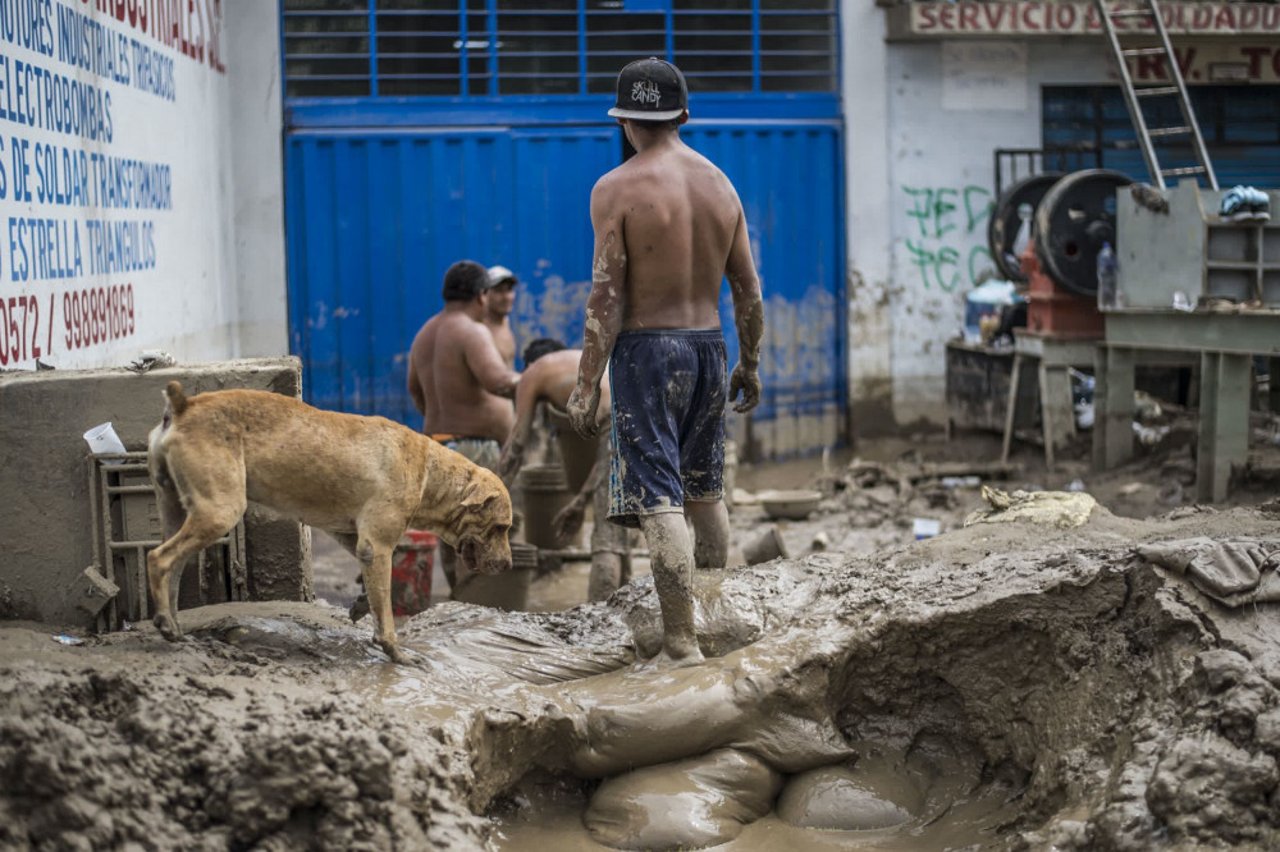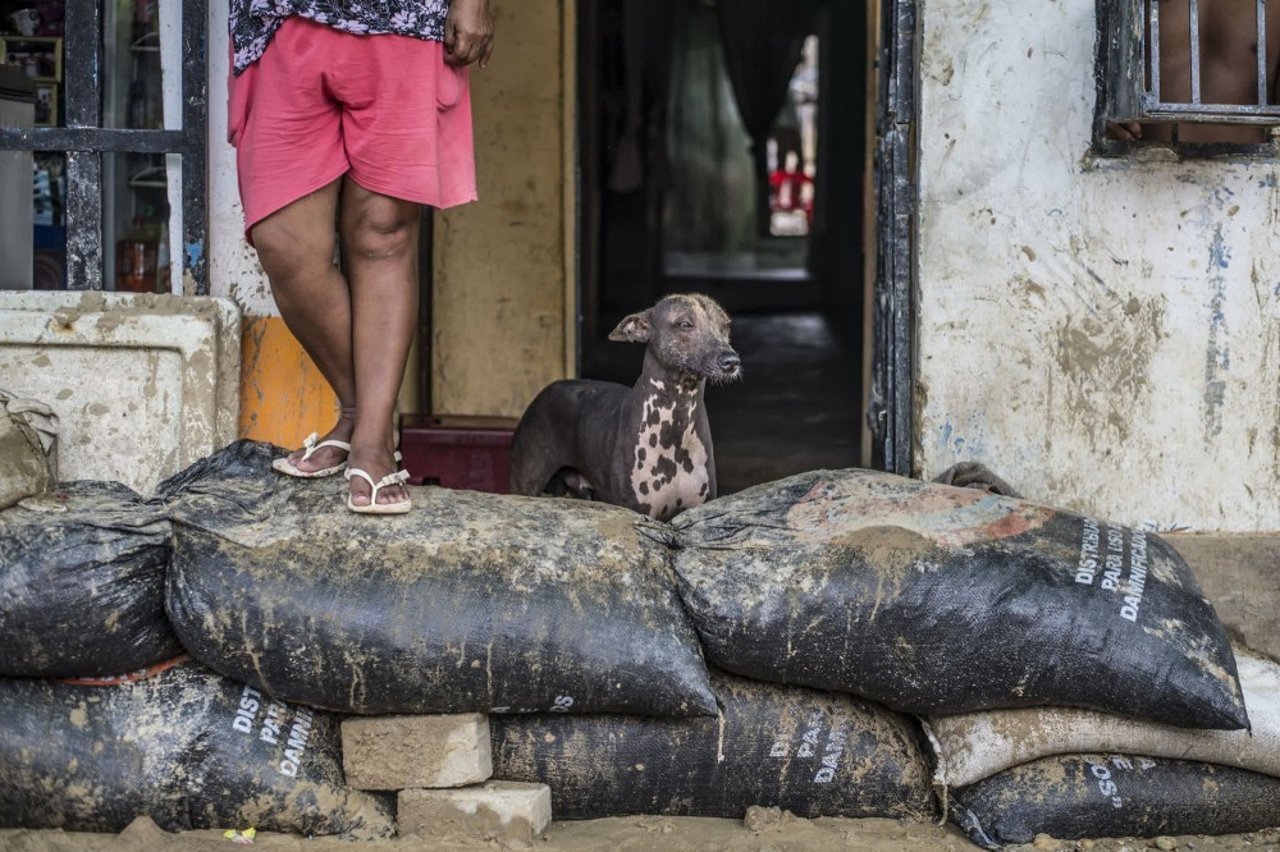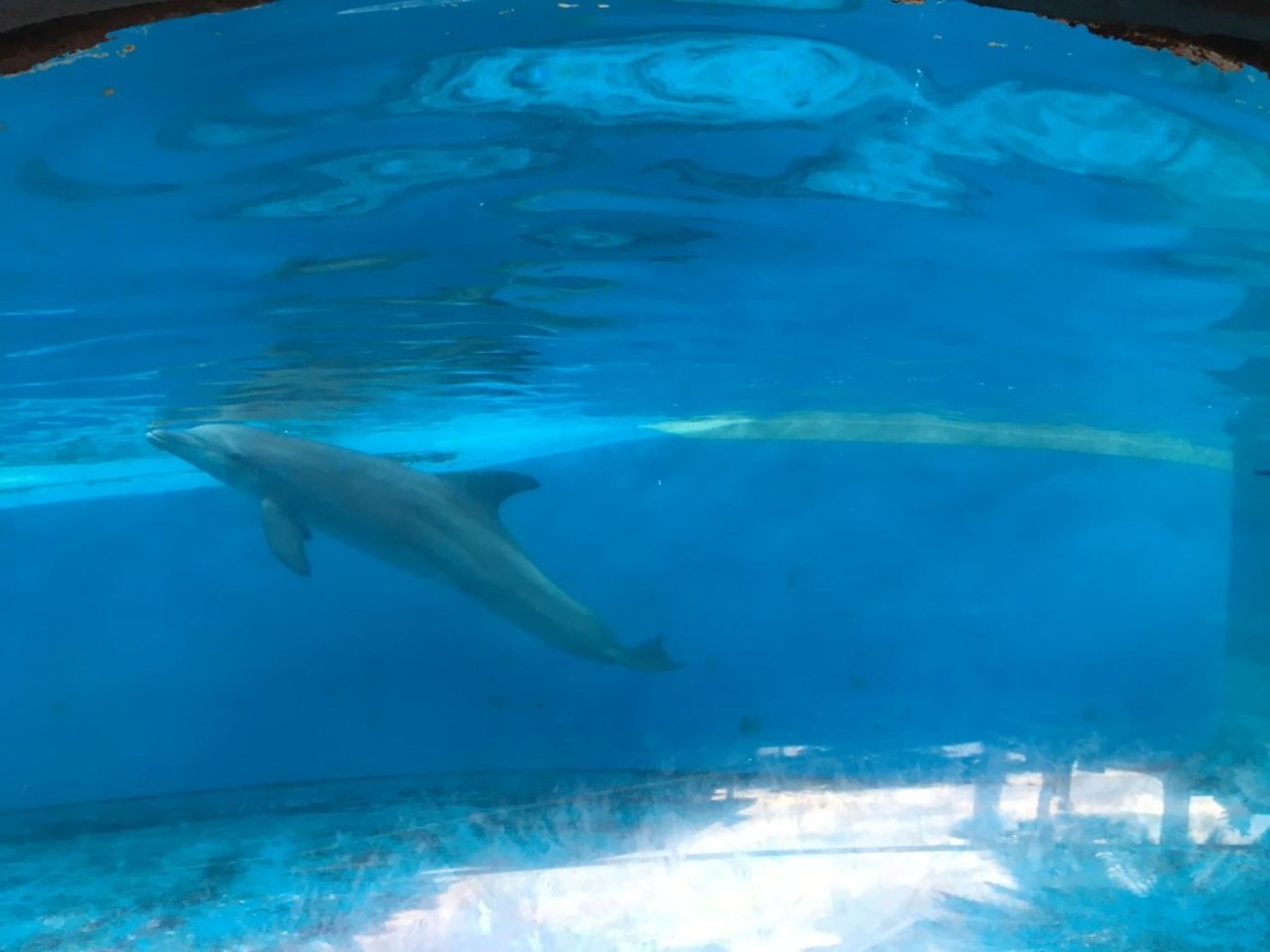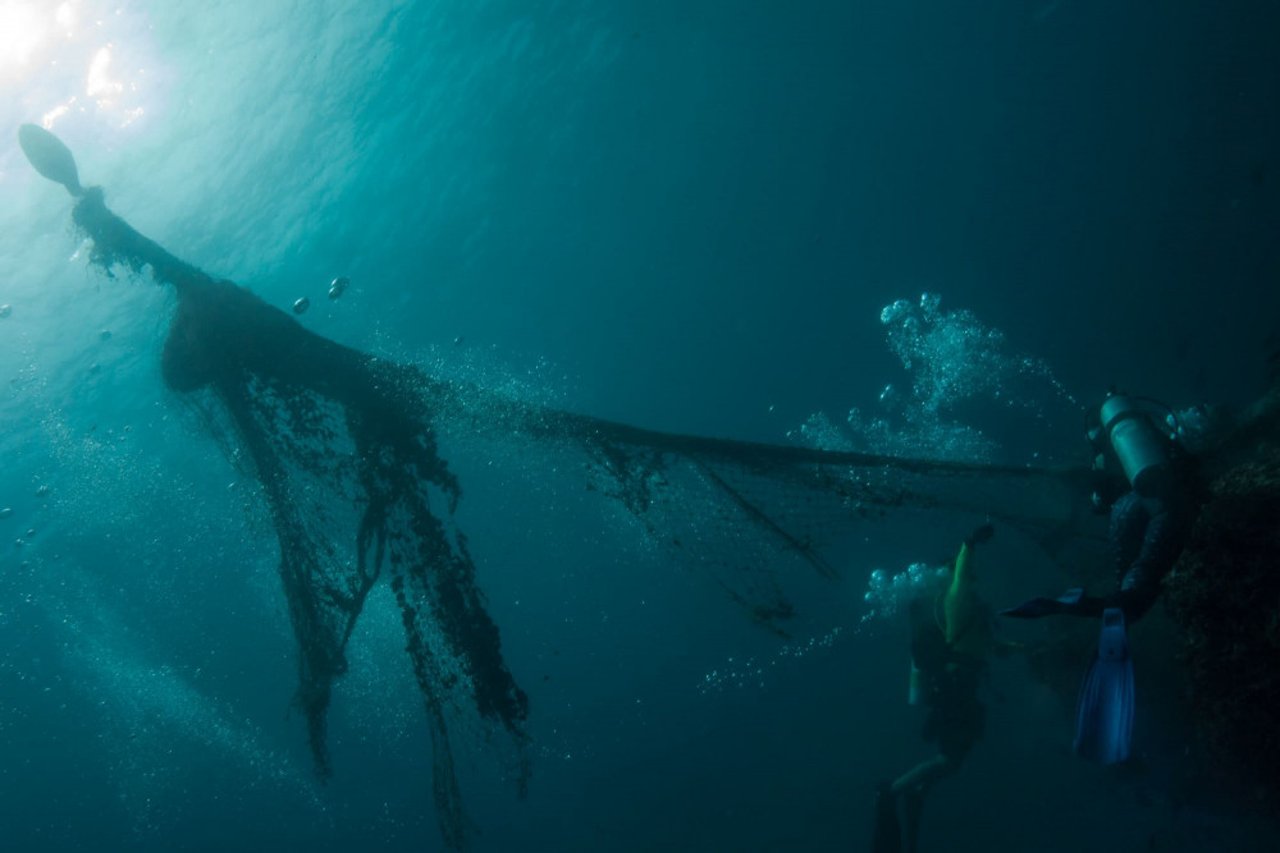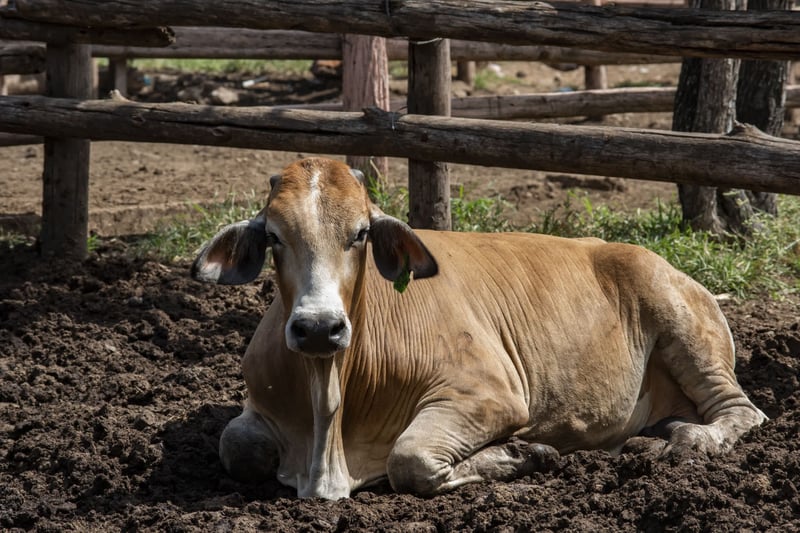
Climate Change: The silent terminator is soaring to make 50% of world’s species go extinct by 2100
Blog
Irregular changes in climate and extreme weather events have already started affecting biodiversity across the globe.
Irregular changes in climate and extreme weather events have already started affecting biodiversity across the globe. Sea levels are rising, oceans are becoming warmer increasing the frequency of cyclones. Longer, more intense droughts threaten crops, wildlife, and freshwater supplies. Our planet’s diversity of life is at risk from the changing climate. Climate change poses a fundamental threat to the places, species and people’s livelihood.
Reducing Carbon Pollution
To adequately address this crisis, we must urgently reduce carbon pollution and prepare for the consequences of global warming. Climate change is already pervading our daily lives with the basic food prices radically shooting up and access to safe drinking water at risk. Climate Risk Index 2019 examines to what extent countries and regions have been affected by the impacts of weather-related loss events (storms, floods, heatwaves, etc.)[1]. So, as we are currently experiencing this scenario in many countries what are we going to do? There is no one solution to this issue.
By 2100, an estimated 50% of all the world’s species could go extinct
In fact, every species worldwide is impacted by climate change. By 2100, an estimated 50% of all the world’s species could go extinct because of climate change[2]. More frequent and intense drought, storms, tornadoes, cyclones, heatwaves, rising sea levels, melting glaciers and warming oceans can directly harm people, animals, destroy the places we live, and wreak havoc on people's livelihoods and communities. Climate change is having serious impacts on the world’s water systems resulting in more floods and droughts. Warmer air can hold a higher water content, which makes rainfall patterns more extreme and unusual.
Animals are at greater risk of extinction
In addition to climate change’s impact on people, animals are at even greater risk of extinction. Is this what we desire? Certainly no, but now the point is, how are we going to address this mammoth issue or for that instance cope to survive on this beautiful planet. Great apes of Southeast Asia, perhaps the most endangered ape species, are in jeopardy of extinction due to deforestation caused by climate change with nearly 75% of forest cover at risk of deforestation[3]. Asian elephant habitat is negatively impacted by both lower rainfall and higher temperatures. Together, these threats have decreased the reproductive capacity of an already endangered species[4]. Giraffes have seen their population decline by 40% in the last 30 years. In addition to illegal poaching, the most pressing danger is shrinking habitat and fewer acacia trees (their main food source) due to climate change[5]. Are countries even considering climate change as an issue on their agendas and political discussions?
Life Beneath the Ocean
It’s not only the animals on the land that is at greater risk, but the life beneath the ocean is also dynamically changing before even we could study and understand them. Whales rely on specific ocean temperatures for their migration, feeding and reproductive habits. As sea temperatures rise, these changes disrupt habits necessary for whale survival[6]. Sharks have difficulty hunting and a higher embryo mortality rate as ocean temperature and acidity rise worldwide. In the Pacific Ocean, rising temperatures force sharks northward by an average of 30 kilometers annually, disrupting ecosystems that depend on sharks[7]. All these changes contribute negatively to the marine environment.
Rising sea levels due to climate change
Oceanic bird species are directly threatened by rising sea levels due to climate change. Rising waters are submerging their coastal habitats and nests completely[8]. Coral reefs are endangered due to rising temperatures. In the last three years alone, 72% of the world’s coral reefs protected by UNESCO experienced heat stress. Sustained heat stress causes coral bleaching, an often-deadly occurrence in which coral starves from a loss of nutrition[9]. The ocean surface and the oceans contain 99% of the living space on the planet[10]. Ocean acidification may threaten plankton, which is key to the survival of larger fish and may render most regions of the ocean inhospitable to coral reefs, affecting tourism, food security, shoreline protection, and biodiversity.
Insects are suffering
Even the insects stand to suffer drastically from climate change. At the current rate of warming (2°C), roughly 18% of all insect species would be lost by 2100; if the planet were to get warm by 3.2°C, that number would rise to 49%[11]. Monarch butterfly populations in California have fallen by as much as 95% since the 1980s due to habitat loss, increased use of pesticides and loss of milkweed populations, all related to climate change caused by humans[12]. Therefore, it’s imperative for us to own responsibility towards climate change adaptations.
Climate change is silently terminating life from earth and is rapidly happening now in front of our eyes, Are we aware? Are we observing? Are we taking actions?
Climate change points to an increasingly unpredictable future for humans and all life forms on earth. So, take a deep breath and believe that it’s still not late to make a start now. We kindly request you to join us in protecting animals from disasters and other extreme weather events globally. #DontForgetThem
Think and take meaningful actions for the sake of your children and the future of our living planet.
[1] https://photius.com/rankings/climate_risk_index_2019.html
[2] http://www.pas.va/content/dam/accademia/booklet/booklet_extinction.pdf
[3] https://news.un.org/en/story/2015/07/505342
[4] https://royalsocietypublishing.org/doi/full/10.1098/rstb.2017.0446
[5] https://www.iucn.org/news/secretariat/201612/new-bird-species-and-giraf…
[6] https://link.springer.com/article/10.1007/s10113-016-1034-z
[7] https://www.sciencedirect.com/science/article/pii/S0079661114001505
[8] https://www.sciencedirect.com/science/article/pii/S0048969718326871
[9] https://repository.library.noaa.gov/view/noaa/16386
[10] http://www.unesco.org/new/en/unesco/events/prizes-and-celebrations/cele…
[11] https://science.sciencemag.org/content/360/6390/714
[12] https://www.westernmonarchcount.org/wp-content/uploads/2014/11/Western-…
